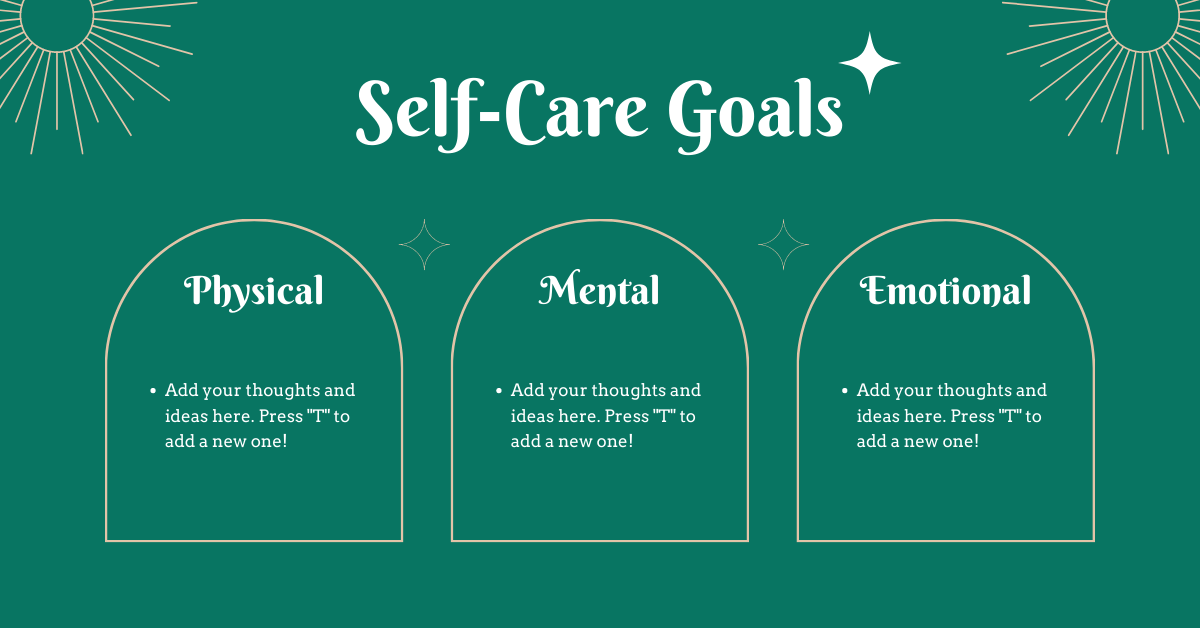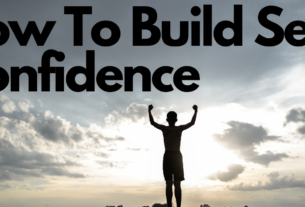How to Prioritize Your Well-Being and Maintain a Healthy Work-Life Balanced?
In today’s fast-paced world, many people struggle to balance their personal and professional lives while maintaining their well-being. Often, people prioritize work and neglect their physical, emotional, and mental health, leading to burnout, stress, and a decrease in productivity. Self-care is an essential aspect of maintaining a healthy work-life balance. It is the practice of taking care of oneself physically, emotionally, and mentally to improve overall well-being. Self-care includes simple activities such as exercise, mindfulness, meditation, healthy eating, and adequate sleep. By prioritizing for self-care techniques, individuals can reduce stress, increase productivity, and improve their overall quality of life. This article will explore various self-care techniques that individuals can incorporate into their daily routines to prioritize their well-being and maintain a healthy work-life balance Maintaining a healthy work-life balance is essential for your overall well-being. Here are some step-by-step tips to help you prioritize your well-being and achieve a balanced lifestyle:
Set clear boundaries:
Set clear boundaries between your work and personal life. Define specific work hours and stick to them as much as possible. Avoid checking your work email or answering work-related calls during your personal time. Setting clear boundaries is crucial to prioritize your well-being and maintain a healthy work-life balance. This means communicating your needs and limits to your colleagues and loved ones, avoiding over-committing yourself, and scheduling regular self-care activities and techniques. It’s also important to disconnect from work during non-work hours and avoid checking emails or messages.
Schedule self-care:
Schedule self-care activities into your daily routine. This could be anything from going for a walk, meditating, practicing yoga, or reading a book. Treat your self-care techniques as non-negotiable appointments and make sure to prioritize them. Prioritizing your well-being and maintaining a healthy work-life balance is essential for a happy and healthy life. To achieve this, schedule self-care activities regularly, such as exercise, meditation, spending time with loved ones, pursuing hobbies, and taking breaks when needed. Remember that taking care of yourself is not selfish, but necessary for overall well-being.
Prioritize sleep:
Make sure to prioritize getting enough sleep each night. Aim for 7-8 hours of uninterrupted sleep. Create a relaxing bedtime routine to help you wind down before bed. Prioritizing sleep is crucial for maintaining overall well-being and a healthy work-life balance. To do so, establish a consistent sleep schedule, limit screen time before bed, create a calming sleep environment, and practice relaxation techniques such as meditation or deep breathing. Adequate sleep helps improve mood, energy levels, and cognitive function, making it essential for success in both personal and professional realms.
Practice healthy eating habits:
Fuel your body with healthy, nutritious foods. Plan your meals in advance to ensure you are eating a balanced diet. Avoid eating at your desk or while working to create a clear separation between work and personal time. To prioritize your well-being and maintain a healthy work-life balance, focus on developing healthy eating habits and getting enough sleep. Make sure to eat a balanced diet with plenty of fruits, vegetables, lean proteins, and whole grains, and aim for 7-9 hours of sleep each night. Both practices can improve overall physical and mental health.
Exercise regularly:
Regular exercise can help improve your overall health and reduce stress. Find an activity you enjoy and try to incorporate it into your daily routine. Even a short walk during your lunch break can have significant benefits. Regular exercise is essential for maintaining good physical and mental health. To prioritize your well-being and incorporate exercise into your routine, start by setting achievable goals, creating a schedule that works for you, and finding activities that you enjoy. Consistency is key, so aim to exercise for at least 30 minutes most days of the week.
Learn to say no:
It’s okay to say no when you need to prioritize your well-being. Don’t take on more work or commitments than you can handle. Learn to delegate tasks or say no when necessary. Prioritizing your well-being and maintaining a healthy work-life balance requires learning to say no. This means setting boundaries and not taking on more than you can handle. Saying no allows you to focus on what is important and gives you the time and energy to take care of yourself.
Practice mindfulness:
Incorporate mindfulness into your daily routine. This could be as simple as taking a few deep breaths or practicing a short meditation. Mindfulness can help you stay present and reduce stress. Prioritizing your well-being requires setting boundaries and creating habits that promote physical, mental, and self care techniques. Mindfulness is a practice that involves paying attention to the present moment without judgment, allowing you to be more aware of your thoughts and feelings and better manage stress. It can be achieved through activities such as meditation, yoga, or simply taking a few deep breaths throughout the day.
Conclusion:
Prioritizing your well-being and maintaining a healthy work-life balance is crucial for overall health and self cares techniques. Start by setting realistic goals and boundaries for work and personal time. Make time for exercise, healthy meals, and quality sleep. Learn to say no to unnecessary commitments and delegate tasks when possible. Practice mindfulness and relaxation techniques to manage stress. Remember that taking care of yourself is not selfish, it’s necessary for your mental and physical well-being.
FAQs:
How can a good work-life balance improve your wellbeing?
A good work-life balance can improve your wellbeing by reducing stress and burnout, improving mental and physical health, increasing job satisfaction, and allowing you to prioritize personal relationships and hobbies, leading to a more fulfilling life.




